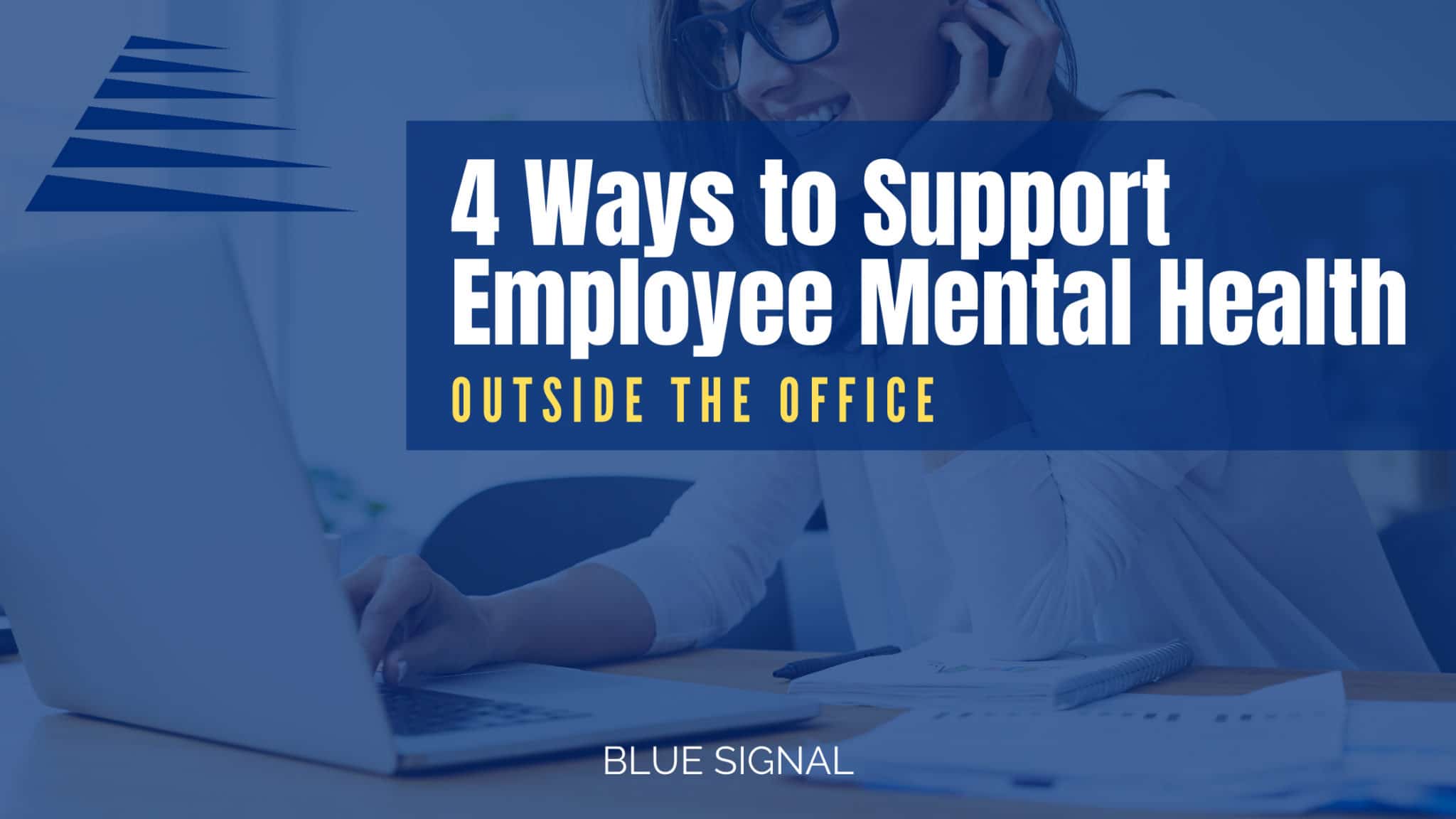
Introduction: Prioritizing Employee Mental Health Support
In today’s fast-paced work environment, recognizing the significance of employee mental health is paramount. Employers who invest in robust mental health support initiatives not only foster a positive workplace culture but also contribute to increased productivity and employee satisfaction.
The Impact of Mental Health on Employee Performance
Mental health directly influences an individual’s overall well-being and, consequently, their performance at work. Organizations that acknowledge this correlation are better positioned to create an environment where employees feel supported and valued. As a result, productivity and job satisfaction often see positive correlations with mental health support initiatives.
Breaking the Stigma: Fostering Open Conversations
One of the first steps in providing mental health support is breaking the stigma surrounding mental health issues. Encouraging open and honest conversations creates an atmosphere where employees feel comfortable discussing their mental health concerns without fear of judgment. This transparency is the foundation for effective support systems.
Accessible Resources: Providing the Right Tools
Ensuring that employees have access to mental health resources is crucial. This includes Employee Assistance Programs (EAPs), counseling services, and workshops that address stress management and resilience. By providing these resources, employers empower their workforce to proactively manage their mental health.
Training Leadership: Building a Supportive Culture from the Top Down
Leadership plays a pivotal role in shaping organizational culture. Training leaders to recognize signs of mental health issues, fostering empathy, and promoting a healthy work-life balance sets the tone for the entire company. A supportive leadership team is instrumental in creating an environment where mental health is a priority.
Flexible Work Arrangements: Adapting to Individual Needs
Recognizing that each employee’s mental health journey is unique, offering flexible work arrangements can be a game-changer. This may include remote work options, flexible hours, or compressed workweeks. Such accommodations demonstrate a commitment to the well-being of employees and contribute to a healthier work-life integration.
Promoting Work-Life Balance: Reducing Burnout
A key aspect of mental health support is promoting a healthy work-life balance. Encouraging employees to take breaks, use vacation time, and disconnect after work hours helps prevent burnout. By prioritizing self-care, organizations contribute to long-term employee satisfaction and retention.
Creating a Positive Work Environment: Physical and Psychological Aspects
The physical environment of the workplace can significantly impact mental well-being. Natural light, comfortable workspaces, and breakout areas contribute to a positive atmosphere. Additionally, fostering psychological safety by promoting a culture of inclusivity and respect is essential for supporting employee mental health.
Regular Check-Ins: Proactive Communication
Implementing regular check-ins between employees and their supervisors provides an opportunity for proactive communication. These meetings offer a platform for discussing work-related stressors, setting goals, and addressing any potential challenges. Proactive communication helps identify issues early on, preventing them from escalating.
Employee Assistance Programs (EAPs): A Holistic Approach
Employee Assistance Programs offer a comprehensive approach to mental health support. These programs often include counseling services, mental health resources, and assistance with various life challenges. Integrating EAPs into the workplace emphasizes the organization’s commitment to the holistic well-being of its employees.
Conclusion: Nurturing a Healthy Workforce
In conclusion, investing in employee mental health support is not just a moral obligation but a strategic decision that pays dividends in the long run. By fostering a culture of openness, providing accessible resources, and prioritizing work-life balance, organizations contribute to the overall health and happiness of their workforce. A mentally healthy workforce is a resilient, engaged, and productive one.
For more information on Employee Mental Health Support, explore our resources here.










